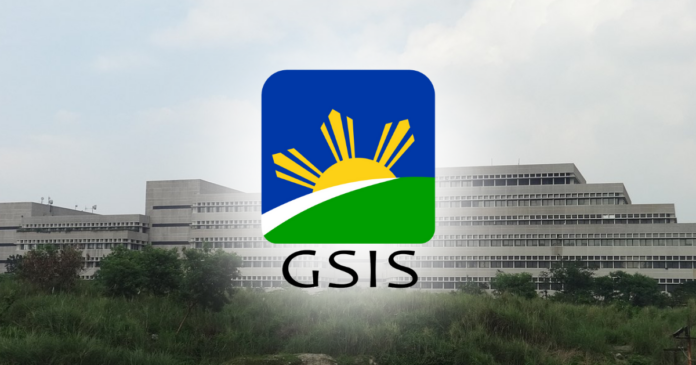The Commission on Audit (COA) has flagged the Government Service Insurance System (GSIS) for questionable investment practices involving ₱3 billion in stock transactions.
First highlighted by Bilyonaryo, this story highlights concerns about how the GSIS manages its funds and adheres to internal guidelines.
COA’s findings were outlined in its 2023 Annual Audit Report, a detailed review conducted to ensure public agencies like GSIS use funds responsibly and comply with established rules. Among the flagged transactions was a ₱1.45 billion investment in “non-traded preferred stocks” of a company referred to as “Company A.”
Preferred stocks offer regular payments to investors, but non-traded preferred stocks are not available on the stock market, making them riskier since they cannot be easily sold. This purchase was made without the approval of the GSIS Board of Trustees (BOT), as required by its Revised Investment Policy Guidelines (RIPG).
Another flagged issue involved stock purchases of “Company D,” totaling ₱1.549 billion over two consecutive days. COA noted that these transactions appeared to be split intentionally to stay below the ₱1.5 billion threshold requiring BOT approval.
This practice, known as “transaction splitting,” violates financial protocols designed to ensure oversight of large expenditures.
GSIS is currently led by Jose Arnulfo “Wick” Veloso, who was appointed in 2022 as president and general manager. A seasoned financial executive, Veloso previously held leadership roles in major banking institutions, including serving as President and CEO of the Philippine National Bank (PNB) and Country Head for HSBC Philippines.
The GSIS is a government-owned and controlled corporation (GOCC) tasked with providing social security services to public sector workers. Its mandate includes offering life and retirement insurance, disability benefits, and financial assistance programs such as housing and educational loans.
As the steward of billions in government employee contributions, GSIS is responsible for safeguarding its members’ welfare while ensuring the fund’s long-term sustainability and growth.
The implications of these findings are serious. GSIS is entrusted with managing the pensions and benefits of millions of government employees. Investments deemed speculative or improperly approved could jeopardize the fund’s financial stability and erode public trust.
To address these concerns, COA has recommended revising the RIPG to explicitly prohibit transaction splitting, strengthen investment oversight, and ensure all transactions adhere to approval protocols.
These measures aim to protect the integrity of the fund and maintain confidence in GSIS’s management.




